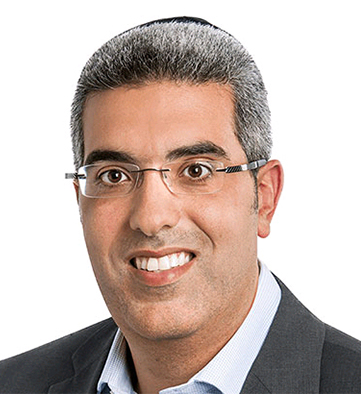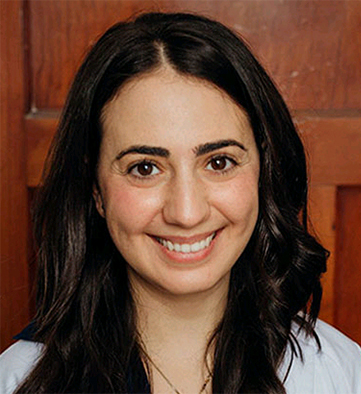
Fil d'Ariane
- Nouvelles et événements
- Nouvelles
- Content
- Protéger les patients atteints d'un cancer du poumon contre la COVID-19 – et apprendre de l'expérience
null Protéger les patients atteints d'un cancer du poumon contre la COVID-19 – et apprendre de l'expérience
Une étude menée par le Dr Nathaniel Bouganim a relevé les changements apportés aux plans de traitement

22 septembre 2020
Source : CUSM. Depuis le début de la pandémie, des efforts ont été faits pour limiter l'exposition des patients vulnérables à la menace invisible de la COVID-19. En conséquence, de nombreux patients atteints d'un cancer du poumon, dont le taux de mortalité lié à la COVID-19 est plus élevé, ont vu leur plan de traitement modifié - les changements reflétaient des décisions éclairées prises par les patients en collaboration avec leur médecin, pour leur propre protection. Une équipe de chercheurs du Centre universitaire de santé McGill (CUSM) a estimé qu'il serait important de suivre et d'évaluer ces changements, et leurs conclusions ont été publiées récemment dans JAMA Oncology.
L'équipe, composée de la Dre Suzanne Kazandjian et de la Dre Arielle Elkrief, respectivement résidente et fellow au CUSM, était dirigée par le Dr Nathaniel Bouganim, chercheur au Programme de recherche sur le cancer de l'Institut de recherche du CUSM. Ensemble, ils ont évalué le plan de traitement de tous les patients vus dans la clinique d'oncologie thoracique du Centre du cancer des Cèdres du CUSM entre le 2 mars et le 30 mai 2020. Leur étude montre que 57 % d'entre eux ont subi des changements dans leur plan de traitement du cancer du poumon directement liés à la pandémie. L'étude renforce le fait que « toutes les cliniques d'oncologie devraient suivre ces changements survenant dans les soins du cancer, car il deviendra important d'évaluer leur effet sur les résultats cliniques », écrivent les auteurs.
« Au début de la pandémie, il y avait tant d'inconnues. Maintenant, nous savons quelles mesures doivent être prises pour protéger les patients qui se présentent à l'hôpital et, surtout, aucune preuve claire n'indique que les traitements du cancer augmentent le risque de conséquences graves pour les patients atteints de la COVID-19, déclare la Dre Arielle Elkrief, première auteure de l'étude. Par conséquent, les soins contre le cancer fondés sur les données probantes doivent continuer à être prodigués avec prudence. En tant que praticiens de la santé, nous devons nous efforcer de continuer à fournir les meilleurs soins possibles à nos patients malgré les défis posés par la COVID-19. »


